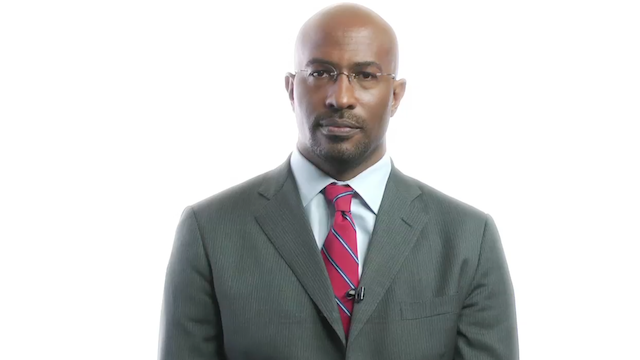Reverse Brain Drain: Children of U.S. Immigrants Going Abroad

What is the Big Idea?
Samir N. Kapadia’s career in Washington D. C. seemed routine in comparison to the exciting jobs his friends had in India, a surging nation in the global economy.
“I’d sit there on Facebook and on the phone and hear about them starting all these companies and doing all these dynamic things,” Kapadia, 25, told The New York Times. “And I started feeling that my 9-to-5 wasn’t good enough anymore.”
Last year, he quit his job and moved to Mumbai.
Brazilian-American Jonathan Assayag also moved last year, to Rio de Janeiro. The Harvard Business School graduate was working at an Internet company in Silicon Valley while trying to develop his own business, to no avail.
“I spent five months spending my weekends at Starbucks, trying to figure out a start-up in America,” said the 20 year old.
What is the Significance?
Highly educated children of immigrants in the U.S. are moving back to their native countries in growing numbers. The homeland their parents once fled from have now become economic powers and a source for opportunities.
Some arrive to the U.S. as children and become citizens later, while others are born in the U.S. to immigrant parents.
“For generations, the world’s less-developed countries have suffered so-called brain drain — the flight of many of their best and brightest to the West.” While that has not stopped, a reverse flow has begun, particularly to countries like China and India, and to a lesser extent, Brazil and Russia.
But it’s not just individuals making these decisions, according to Edward J. W. Park, director of the Asian Pacific American Studies Program at Loyola Marymount University in Los Angeles. The trend is encouraged by the efforts of some overseas governments to attract more foreign talent by offering employment, investment, tax and visa incentives.
“It’s governments who enact strategic policies to facilitate this,” said Park.
The U.S. government doesn’t keep track of emigration patterns of American-born children of immigrations, but migration experts say the trend is increasing.
Officials in India said they have seen a sharp increase in the arrival of people of Indian descent in recent years. There were at least 100,000 in 2010 alone.





